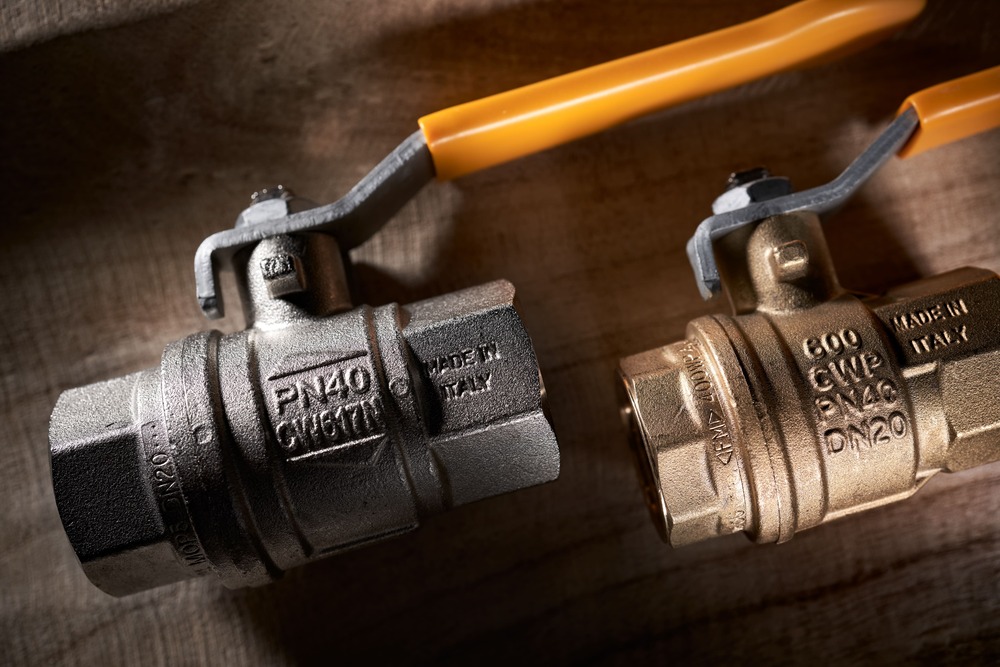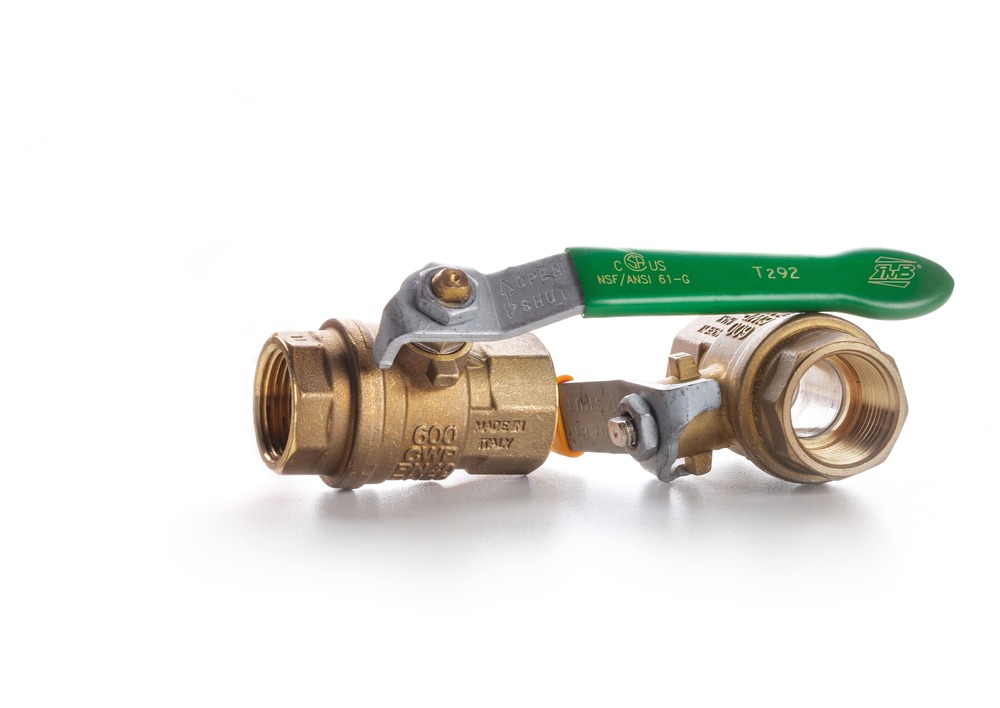Ball valve pros and cons: what you need to know

Ball valves are widely used in plumbing, HVAC, gas distribution and industrial fluid control systems thanks to their efficiency, reliability and ease of use. Their primary function is to start or stop the flow of liquids and gases by rotating a ball with a hole through its center—offering rapid and reliable shut-off capabilities. In residential and commercial plumbing, they provide quick shut-off for water lines. In HVAC systems, they help control chilled or hot water flow. In the gas and oil sector, they’re critical for isolating lines during maintenance. Industrial facilities use ball valves to manage process fluids, chemicals, or steam under varying pressures and temperatures. However, like any mechanical component, they come with both benefits and limitations. Understanding the advantages and disadvantages of ball valves is essential for engineers, technicians, and buyers selecting the right valve for a specific application.
In this guide from RuB Inc, we break down the key ball valve pros and cons, helping you make informed decisions based on performance, cost and system requirements.
Advantages of ball valves
Ball valves offer several significant advantages over other valve types, making them a popular choice in a wide range of industries:
1. Quick and easy operation
Thanks to their 90-degree turn mechanism, ball valves provide fast shut-off and opening. The design ensures minimal torque is required, which is ideal in emergency situations or automated systems.
2. Tight sealing with minimal leakage
Ball valves are known for excellent sealing performance. The spherical closure element creates a secure, leak-tight seal even after long periods of inactivity — especially when paired with high-quality seats like PTFE.
3. Long service life and durability
Because of their robust design and fewer moving parts, ball valves generally experience less wear over time. This contributes to longer service life and lower maintenance costs.
4. Versatility in materials and applications
Ball valves are available in a range of materials including brass and stainless steel. This makes them suitable for a wide range of fluids, from water and air to gas, oil, and corrosive chemicals.
5. Low pressure drop
When fully open, ball valves offer a straight-through flow path, reducing turbulence and pressure loss across the valve. This makes them highly efficient in systems where maintaining flow rate is critical.
6. Compact design and easy installation
Ball valves are compact and lightweight compared to other valve types, which simplifies installation — especially in tight spaces or complex piping layouts.
What are the disadvantages of ball valves?
While ball valves are highly efficient, they may not be ideal in every situation. Here are the main limitations to consider:
1. Not suitable for throttling
Ball valves are designed primarily for on/off service. Using them to regulate flow can cause premature seat wear and reduce sealing efficiency. For applications requiring precise flow control or modulation, globe valves are often a better choice due to their linear motion and ability to handle throttling without damaging internal components.
2. Prone to wear in slurry or dirty fluids
In systems where the fluid contains debris or abrasive particles, the ball and seat can experience accelerated wear, leading to leaks or valve failure. In these cases, plug valves or knife gate valves may perform better, as they are typically more tolerant to particulates and easier to maintain in abrasive service conditions.
3. Size limitations in high-pressure systems
For very large diameters or extremely high-pressure applications, other valve types such as gate valves or globe valves may be more suitable due to their construction and ability to handle higher pressure loads with gradual shut-off.
4. Possible water hammer effect
Rapid closure of a ball valve can contribute to water hammer in certain piping systems, which can damage components if not properly managed.
Choosing the right valve solution with RuB Inc.

Choosing the right valve is crucial to ensuring system efficiency, durability, and safety. At RuB Inc., we engineer high-performance brass ball valves that deliver reliable shut-off, long service life and superior sealing — benefits that make them ideal for a wide range of residential, commercial, and industrial applications.
All of our valves are produced in-house under rigorous quality control protocols, and we are certified to ISO 9001, ISO 14001, and ISO 45001 standards, ensuring full traceability and compliance.
If you’re unsure whether a ball valve is right for your application our technical team is here to help you make the best choice based on system requirements and environmental conditions.
Contact RuB Inc. to explore our full range of brass ball valves or receive expert support tailored to your project.